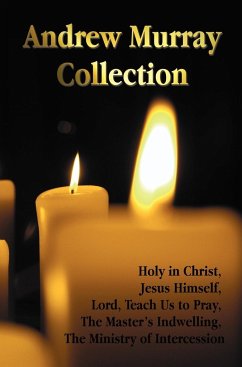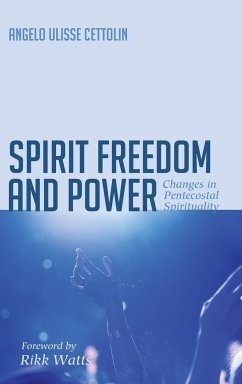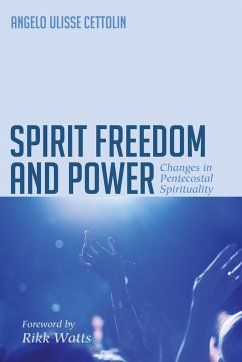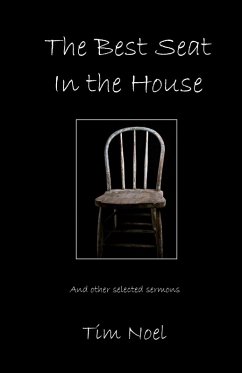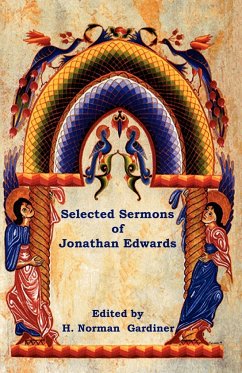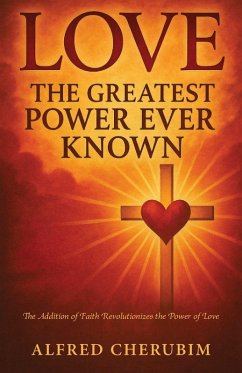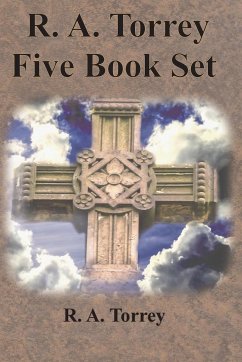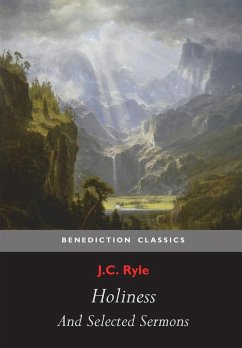
Holiness and Selected Sermons (including The Best Friend, Christ's Greatest Trophy, Happiness, The Power of The Holy Spirit, The Privileges of The True Christian, Gospel Treasures!, Simplicity In Preaching)
Versandkostenfrei!
Versandfertig in 1-2 Wochen
22,99 €
inkl. MwSt.

PAYBACK Punkte
11 °P sammeln!
J. C. Ryle's life changed dramatically in 1841 when the collapse of his father's bank forced him to support himself as an Anglican curate. The evangelical faith he had found at university did not founder however and over the next fifty nine years he became a prominent and influential preacher and eventually the first Anglican bishop of Liverpool. The tenaciousness and astuteness of this faith often led him to challenge the complacency of his day. Holiness (1877) is an explanation of an often misunderstood aspect of Christian life - arguing that faith alone is only a part of what it means to be...
J. C. Ryle's life changed dramatically in 1841 when the collapse of his father's bank forced him to support himself as an Anglican curate. The evangelical faith he had found at university did not founder however and over the next fifty nine years he became a prominent and influential preacher and eventually the first Anglican bishop of Liverpool. The tenaciousness and astuteness of this faith often led him to challenge the complacency of his day. Holiness (1877) is an explanation of an often misunderstood aspect of Christian life - arguing that faith alone is only a part of what it means to be a Christian. His sermons and writings on subjects as diverse as happiness and good preaching are as wise, challenging and relevant as they were in his day.





